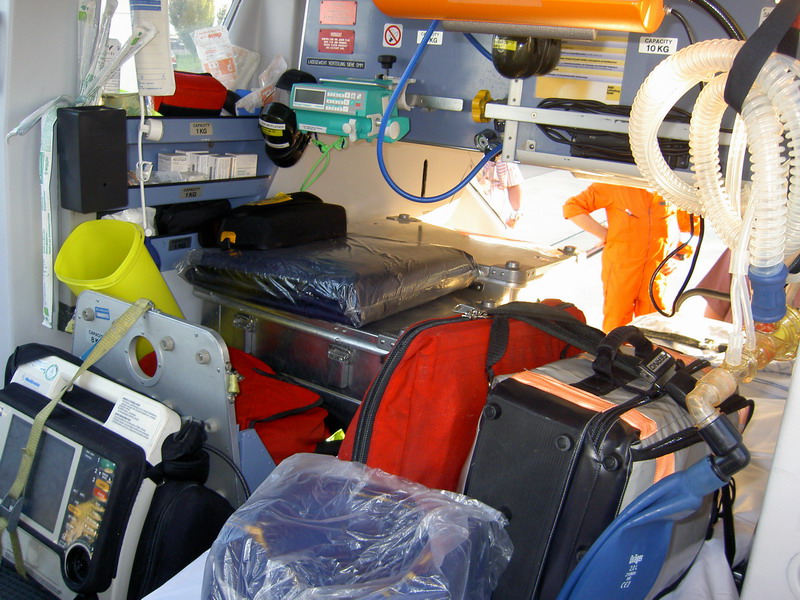All most all states in the United States have laid down certain minimum requirements that a fixed wing airambulance must satisfy. The guidelines given below have been issued by the state of Tennessee but the structural guidelines are, in general, similar in other states too.
Airambulance Doors
The doors of the airambulance must be wide enough that a stretcher can be passed through it without tilting it more than 30 degrees. This guideline ensures that the transit of the patient into the airambulance is safely done.
Vertical Height of the Airambulance
It is vital that there is enough headspace so that the medical personnel can function optimally and provide adequate care for the patient. For this reason, all airambulance vehicles must have a minimum vertical height of 30 inches.
The lighting of the Aircraft
The electrical capacity of the airambulance must be equipped to provide “sufficient” light inside, such that medical care is not hindered due to lack of it. The service providers are allowed to make use of portable lamps to achieve this.
Guidelines for Airambulance Equipments
To ensure stability of the patient while entering the aircraft and during the transport, the stretchers must be fitted with at least two restraining straps to keep the patient in place.
The suction devices must have a capacity to produce suction of at least 12 inches of mercury.
Oxygen bags or masks must be available within the airambulance. There must be enough stock so that 95% fraction inspired oxygen is available at all times. The equipment must be capable of adjusting flow between 2 to 5 liters of oxygen per minute.
Adequate sanitary supplies like trash disposal bags, emesis bags, urinal, bedpan, towels, etc, must be available.
Basic tools like stethoscope, blood pressure cuff, dressing materials, and flashlights must be kept handy.
As a patient and a customer availing airambulance services, it is your right to have these facilities and being aware of such basic things about air ambulances can help.


